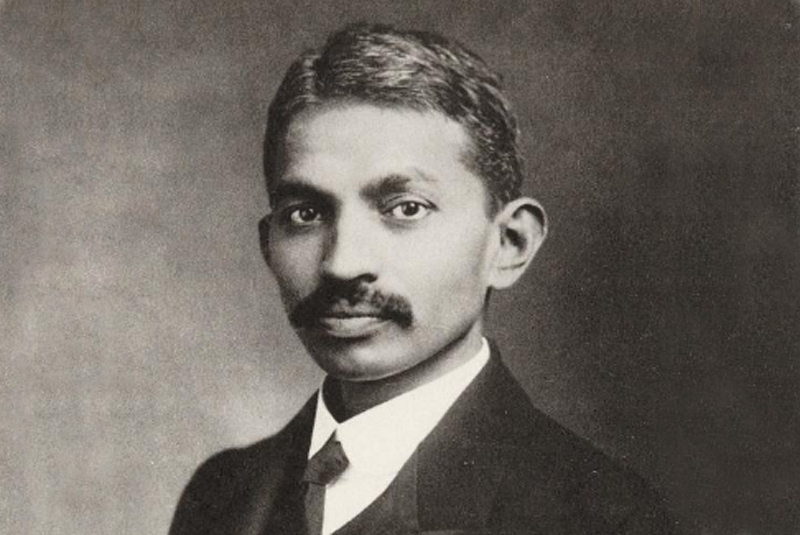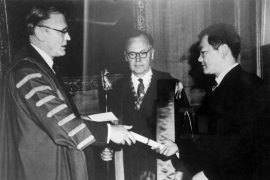Mahatma Gandhi is celebrated across the globe as an idealist who used civil disobedience to frustrate and overthrow British colonialists in India.
The popularity of his nonviolent teachings – which inspired civil rights activists such as Martin Luther King Jr. and Nelson Mandela – has obscured another important facet of his teachings: the proper role of business in society.
Gandhi argued that companies should act as trusteeships, valuing social responsibility alongside profits, a view recently echoed by the Business Roundtable.
His views on the purpose of a company have inspired generations of Indian CEOs to build more sustainable businesses. As scholars of global business history, we believe his message should also resonate with corporate executives and entrepreneurs around the world.
Shaped by globalization
Born in British-ruled India on Oct. 2, 1869, Mohandas K. Gandhi was the product of an increasingly global age.
Our research into Gandhi’s early life and writings suggest his views were radically shaped by the unprecedented opportunities that steamships, railroads and the telegraph provided. The growing ease of travel, the circulation of print media and the increase in trade routes – the hallmark of the first wave of globalization from 1840 to 1929 – impressed upon Gandhi the myriad of challenges facing society.
-30-
Copyright©Madras Courier, All Rights Reserved. You may share using our article tools. Please don't cut articles from madrascourier.com and redistribute by email, post to the web, mobile phone or social media.Please send in your feed back and comments to [email protected]











